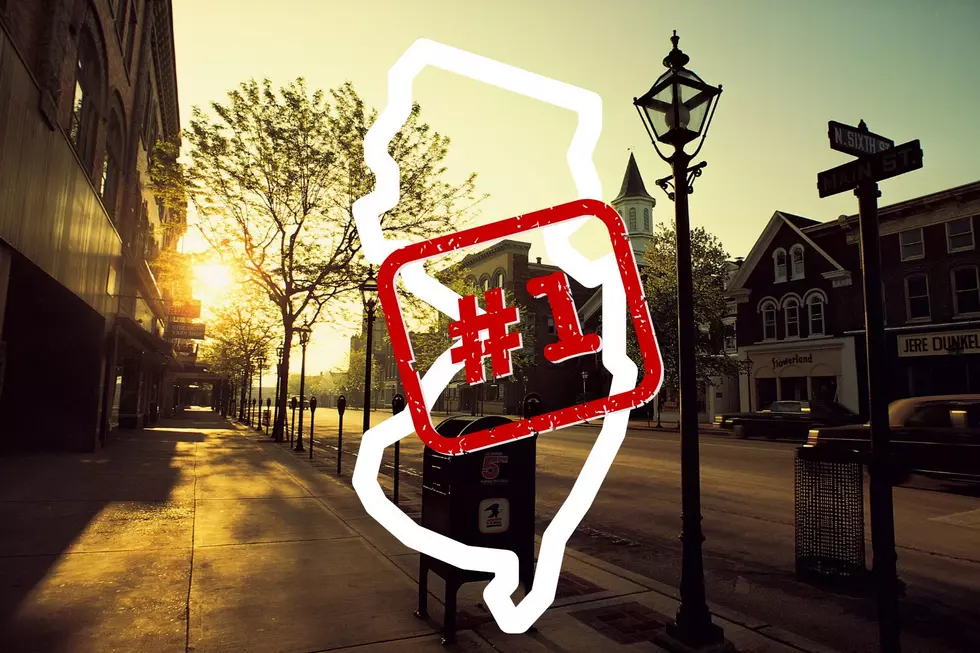
NJ warned that violent Pagans biker gang is growing, spreading
TRENTON — An outlaw motorcycle gang called the Pagan’s Motorcycle Club is a growing problem in New Jersey, according to the State Commission on Investigation, which says it is recruiting violent members from street gangs and spreading further north in the state.
At a Statehouse hearing Wednesday, SCI investigators and analysts and state and county law enforcement officials discussed the problems associated with the Pagans – assaults, meth dealing in conjunction with Mexican cartels and many other issues.
“This so-called club is undergoing a major resurgence, and how that is not good news for anyone concerned about public peace and public safety,” said Lee Seglem, the SCI’s executive director.
“It is not a pretty picture,” Seglem said. “Increased violence, including documented incidents of assault. Shootings and weapons possession across the state. Extortion of legitimate businesses. Muscle-for-hire debt collection schemes. Ties to traditional organized crime. And narcotics dealing, primarily methamphetamines.”
In the final segment of the nearly three-hour hearing, three people believed to be Pagans, including the New Jersey resident thought to be the national vice president, Hugo Nieves, repeatedly invoked their Fifth Amendment right against self-incrimination when asked a series of detailed questions.
“All I will say is that it is not the policy of this club for anybody to engage in any criminal activity,” said Nieves, who was joined at the witness table by Luis Arocho and James Helveston Jr.
For the previous few hours, SCI officials said otherwise. They said New Jersey is home to Pagans, Hell’s Angels, Thunderguards, Thug Riders, Outcasts, Wheels of Soul, The Breed and Warlocks, with the Hell’s Angels and Pagans the two largest – and increasingly coming into territorial conflict.
The Pagans currently are believed to have 17 chapters in New Jersey, up from 10 three years ago. It includes as many as 350 members in New Jersey, Torres said. It used to be mostly in South Jersey but now extends to Bergen County, meaning it has encroached on the Hell’s Angels’ area.
“With the rapid expansion of the Pagans came violence, of course, that was associated with it, and there’s no evidence of it slowing down,” said SCI investigative agent Edwin Torres.
“One law enforcement investigator that we spoke to said he’s seen more violence in the past 18 months than any 18-month period in the last 10 years,” said SCI investigative analyst Nicole McCann. “And this is somebody who’s been investigating the Pagans for over 15 years now.”
Civilians not affiliated with either gang have been assaulted, including at a construction site and at a Central Jersey bar, said SCI special agent and investigator Robert Collins. And they were present for a confrontation between the two biker gangs at a Harley Davidson dealership, said Lt. Jafca Mandziuk of the State Police.
“With the weapons discharging, the fights – they’re violent,” Mandziuk said.
“There is concern because typically North Jersey is considered a Hell’s Angels holdout, a stronghold,” Torres said. “So as the Pagans move into North Jersey, it will create confrontation. We’ve already seen confrontation between Pagans and the Hell’s Angels. And as they continue to move into North Jersey, there’s going to be more confrontations, which will undoubtedly lead to more violence.”
“They have to respond at some point,” Mandziuk said, “or just allow the Pagans to dominate northern New Jersey. And I can’t see the Hell’s Angels allowing that.”
Torres said there has been “an alarming shift” in how the Pagans conduct their business, including recruitment of violent members of street gangs such as Bloods, Crips, Latin Kings and Ñetas.
Glenn Pender, an SCI special agent, said the Pagans appear to have stopped manufacturing meth but continue to distribute a supply obtained from Mexican drug cartels. The drugs, dues from members, revenues from merchandise sales and protection money all help fund the group’s operations.
More From The Jersey Shore:



